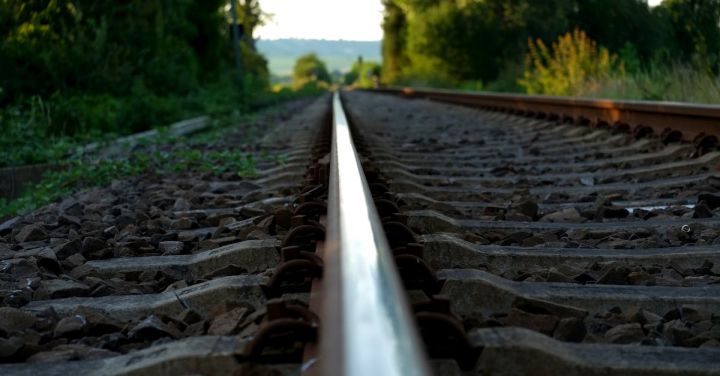Railway engineering is an essential field that plays a crucial role in transportation systems worldwide. With the increasing demand for efficient and sustainable transportation, the future of railway engineering holds immense promise. Engineers in this field are working tirelessly to build the tracks of the future that will revolutionize the way we travel.
One of the key areas of focus in railway engineering is the development of high-speed rail networks. These networks aim to provide faster and more reliable transportation options for both passengers and goods. Engineers are designing tracks that can accommodate trains traveling at speeds of over 300 miles per hour. This requires meticulous planning and precision in track alignment, ensuring smooth and safe journeys.
To achieve such high speeds, engineers are also exploring the use of advanced materials in track construction. Traditional tracks are made of steel, but engineers are now experimenting with materials like carbon fiber composites, which are stronger and lighter. These materials not only reduce the overall weight of the track, but also increase its durability and resistance to wear and tear.
Another area of innovation in railway engineering is the integration of smart technology into track systems. Engineers are developing sensor-based systems that can monitor track conditions in real-time. These sensors can detect any abnormalities, such as cracks or deformations, and alert maintenance crews to take immediate action. This proactive approach to maintenance ensures the safety and reliability of the tracks, reducing the risk of accidents and delays.
Railway engineers are also working on improving the energy efficiency of trains. The tracks of the future will be equipped with regenerative braking systems, which harness the kinetic energy generated during braking and convert it into electrical energy. This energy can then be stored and used to power other parts of the train, reducing the overall energy consumption. Additionally, engineers are exploring the use of solar panels along the tracks to further supplement the energy needs of trains.
Furthermore, railway engineering is not limited to land-based tracks. Engineers are also developing innovative solutions for railway systems in challenging environments. For example, in coastal areas prone to flooding, engineers are designing elevated tracks that can withstand rising water levels. In mountainous regions, engineers are developing tracks with advanced braking systems to ensure the safety of trains navigating steep inclines and declines.
The tracks of the future will also prioritize sustainability. Engineers are exploring the use of recycled materials in track construction, reducing the environmental impact of railway infrastructure. Additionally, the integration of renewable energy sources, such as wind and geothermal power, into the track systems will further reduce the carbon footprint of trains.
In conclusion, railway engineering is an exciting field that is shaping the future of transportation. Engineers are pushing the boundaries of technology and innovation to build tracks that are faster, safer, and more sustainable. From high-speed rail networks to smart track systems, the advancements in railway engineering are revolutionizing the way we travel. As we look ahead, it is clear that the tracks of the future will continue to play a vital role in connecting people and goods across the world.
